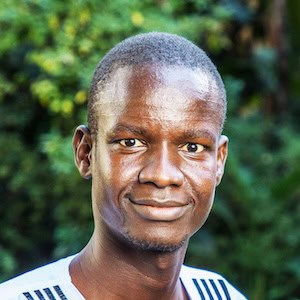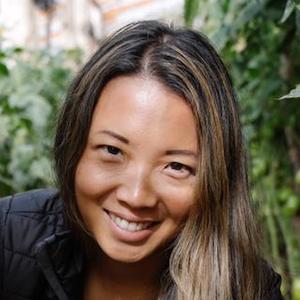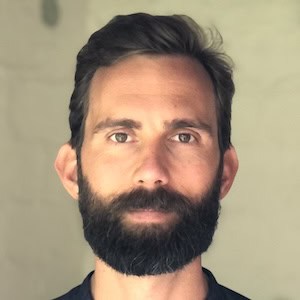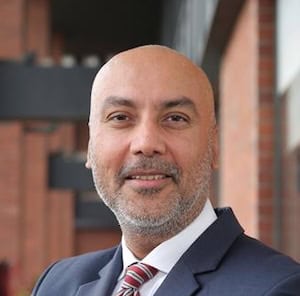-
There is a Fortune at the BoP: So why aren’t large corporations capturing it?
The first generation of writings on the "bottom of the pyramid" were based on the premise that large corporations are better positioned to address the market. But the experience of recent years shows in practice, large corporations have not always responded enthusiastically to the challenge.
- Categories
- Education
-
The Best of 2012: Lessons from SOCAP : It’s Time to Get Serious
We need to start getting serious about the cultural and economic forces that are holding back impact investors, if our collective intent is focused on scale and impact. We need to start finding winners, and we need to start looking in places we wouldn’t expect them to hide.
- Categories
- Impact Assessment
- Tags
- impact investing
-
The Best of 2012: Hiring For My Startup : 4 Things I Wish I Had Done
At my startup, BLISS, we create economic opportunities for marginalized women, while producing exquisitely embroidered, high fashion handbags for global markets. In the last four months, I’ve hired two people, fired one, read around a hundred resumes, interviewed at least a few dozen, and read all the conventional wisdom I could find on the Internet and in print on hiring for startups.
Here are the four things I wish someone had told me a year ago.- Categories
- Education
-
Using Street Vendors to Improve Children’s Health: An Innovative Solution to Malnutrition
In the urban slums of Jakarta, young kids are getting enriched, healthy nutrition from an unusual place: franchised food carts. KeBAL street food carts have grown from a small nutrition project piloted by Mercy Corps, to a thriving social enterprise with partners like DSM, the global leader in micronutrients. In this interview, DSM and Mercy Corps discuss the partnership and KeBAL’s innovative approach.
- Categories
- Health Care, Social Enterprise
- Tags
- nutrition, public health
-
The Best of 2012: Using Mobile to Reach Scale
About Ugandan 21,000 households are currently registered to receive SMS messages from Living Goods. With an average household size of five people Uganda, where Living Goods operates, of five people, the company is already reaching over 100,000 clients in the first three months since the platform launched. On the one day I visited Living Goods’ Kampala office, by mid-morning tea time over 320 expecting or recent mothers had already received an SMS text.
- Categories
- Technology
-
The Best of 2012: Making the Most of Missteps: At Harvard Social Enterprise Conference, SKS’s Akula Opens up on Failure
Conferences usually are not the venue for owning up to failure. But on first day of the 2012 Social Enterprise Conference, Vikram Akula, the founder of SKS Microfinance who left the organization in November 2011, made just such an confession.
- Categories
- Finance
- Tags
- failure, microfinance
-
NexThought Monday: Why the Mobile Phone Might Not Be as Inclusive as You Think
Though we are optimistic that mobile technology will play a large role in providing financial access, we must continuously monitor how the phones are actually being used, and continue to develop alternative methods of participation for those do not have easy access to their own phone.
- Categories
- Technology
-
From the Field : Improving Industries in Mozambique
A business can improve a community. But having a real impact on the lives of significant numbers of families requires change at the industry level. Last month, my colleagues on the TechnoServe board of directors and I had the privilege to witness the effects of this type of change in Mozambique, where more than half of the country’s 23.5 million people live below the poverty line.
- Categories
- Agriculture









